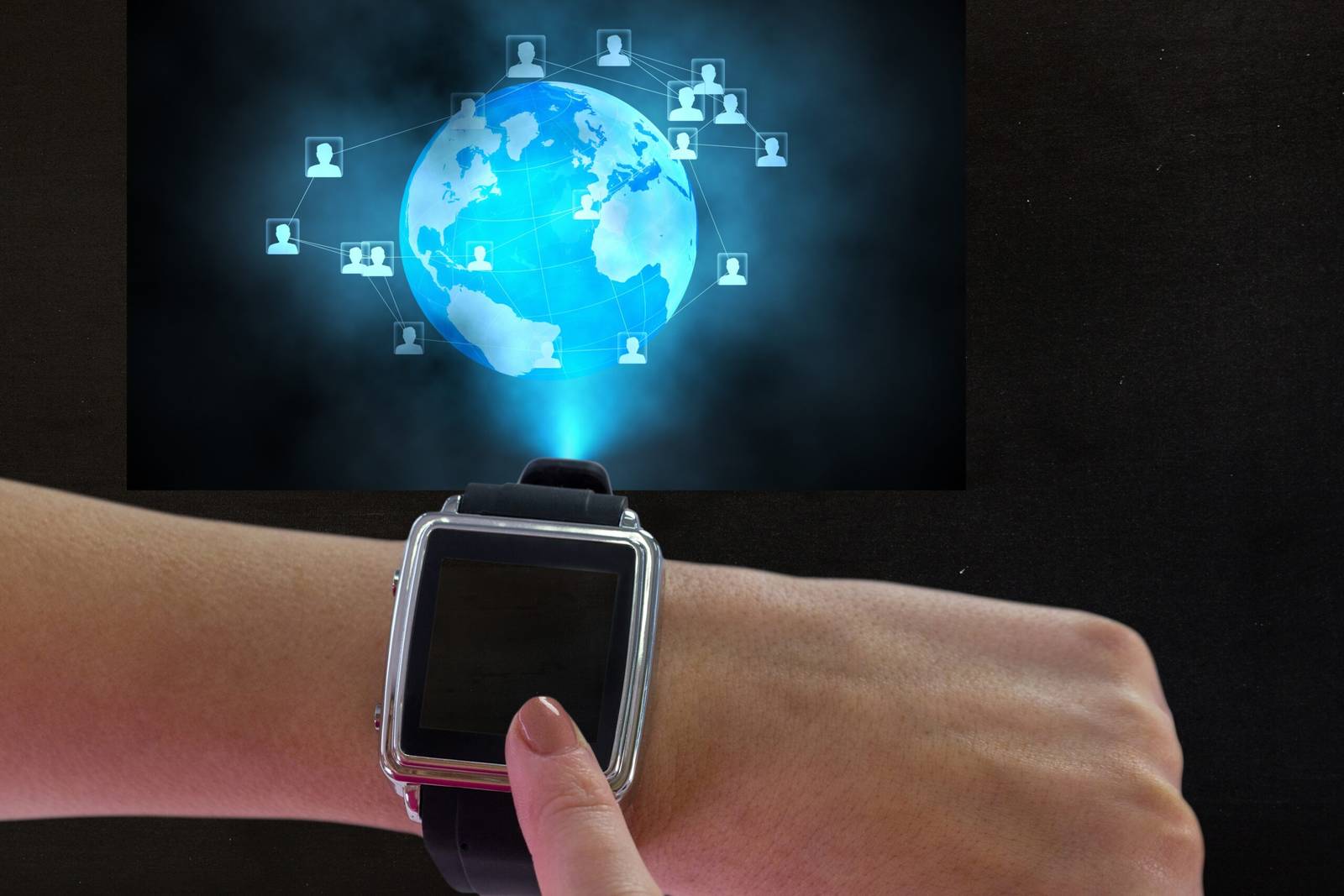The Future of Digital Marketing: Trends to Watch

by Web Digital
Digital marketing has evolved at an unprecedented pace over the last decade, transforming the way businesses connect with their audiences. As we look ahead, the landscape continues to shift, driven by emerging technologies, changing consumer behaviour, and new market dynamics. To stay competitive, it’s essential to keep a finger on the pulse of digital marketing trends that are shaping the future.
1. Artificial Intelligence (AI) and Machine Learning
AI and machine learning are revolutionizing digital marketing. Marketers are leveraging AI for personalized content recommendations, chatbots for real-time customer engagement, and predictive analytics to enhance decision-making. AI automates routine tasks, allowing marketers to focus on strategy and creativity.
2. Voice Search Optimization
Voice-activated devices and digital assistants like Siri and Alexa are becoming ubiquitous. Optimizing content for voice search is vital, as users tend to phrase voice queries differently than text searches. Understanding user intent and providing concise, informative answers is key to voice search success.
3. Video Marketing Dominance
Video content continues to reign supreme. Short-form videos on platforms like TikTok and Reels capture attention, while long-form video content provides in-depth value. Live streaming and interactive video formats are gaining popularity, offering authentic engagement opportunities.
4. User Privacy and Data Security
Heightened concerns about user privacy and data security have led to increased regulations (e.g., GDPR and CCPA). Digital marketers must prioritize ethical data collection, transparency, and user consent to build trust and comply with evolving privacy laws.
5. Content Personalization
Consumers now expect personalized experiences. AI-driven algorithms analyze user behaviour to deliver tailored content, product recommendations, and messaging. Personalization improves user engagement and conversion rates.
6. Social Commerce
Social media platforms are expanding their e-commerce capabilities. Users can shop directly from social posts, making the buying process seamless. Brands are using shoppable content and influencer collaborations to drive sales.
7. Marketers
Marketers can use AR/VR for virtual try-ons, product demos, and interactive brand storytelling. These technologies create memorable interactions with brands.
8. Sustainable and Ethical Marketing
Consumers are increasingly drawn to brands that demonstrate a commitment to sustainability and ethical practices. Green marketing, responsible sourcing, and social responsibility initiatives are becoming essential components of digital marketing strategies.
9. Chatbots and Conversational Marketing
Chatbots are enhancing customer service and engagement. They provide instant responses to user inquiries, guide users through sales funnels, and offer personalized assistance.
10. Micro-Moments and Real-Time Marketing
With mobile device usage soaring, micro-moments—quick, intent-driven interactions—are on the rise. Marketers need to be agile, providing real-time, relevant information that meets users’ immediate needs.
11. Ephemeral Content
Ephemeral content, such as Instagram Stories and Snapchat snaps, captures fleeting attention spans. Brands are using these formats to create a sense of urgency and encourage user interaction.
12. Marketing Automation
Marketing automation platforms are streamlining campaign management, lead nurturing, and data analysis. They enable marketers to deliver personalized messages at scale, improving efficiency and ROI.
Conclusion
The future of digital marketing is marked by constant innovation and adaptation. To succeed in this dynamic landscape, businesses must embrace these trends, experiment with new strategies, and stay attuned to evolving consumer expectations. By harnessing the power of AI, voice search, video marketing, and other emerging technologies, marketers can create more engaging, personalized, and effective digital campaigns. Moreover, an ethical and customer-centric approach, along with a commitment to data security and user privacy, will be essential in building lasting relationships with audiences in the digital age. In this ever-evolving field, those who remain forward-thinking and agile are poised to thrive in the exciting future of digital marketing.
Recommended Posts

Web Design Portfolio Tips for Canadian Freelancers
September 27, 2025

The Cost of SEO Services in Canada
September 27, 2025

How to Use Google Business Profile for Local SEO
September 26, 2025
